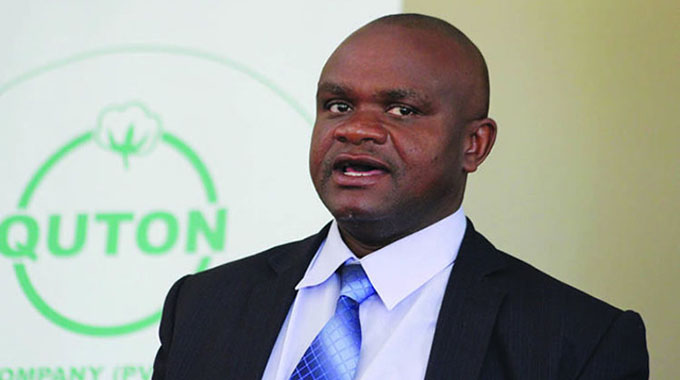
Enacy Mapakame
Business Reporter
Regional seed producer, Seed Co International Limited’s profit for the year to March 31, 2020 rose 62 percent to US$6.07 million compared to US$3.77 million achieved in the prior year on the back of strong product demand across the region.
Seed Co International was de-merged from Seed Co Zimbabwe and is listed on both the Botswana Stock Exchange and the Zimbabwe Stock Exchange.
According to the group, maize seed sales jumped 37 percent on prior year figures.
“Overall, the group experienced a rebound in product demand following devastating drought experienced in all markets last year,” said group chief executive Morgan Nzwere in a statement accompanying the financials.
Although Southern Africa received below average rainfall, Eastern and Central Africa received good rainfall which drove seed demand. But in Kenya for example, excessive rains in the first season coupled with Covid-19 movement restrictions in the second season towards the end of the financial year stalled the sales volumes in this market and this resulted in increased inventories at year end.
“A combination of normal to above normal rainfall in Tanzania, Malawi and some parts of Zambia together with improved maize commodity prices drove product demand resulting in maize seed sales volumes growing by 37 percent,” Mr Nzwere said.
Basic earnings per share rose 63 percent to US2,86 cents from US1,75 cents recorded in the comparable year.
Revenue only increased by 19 percent due to sharp depreciation of the Zambian kwacha against the reporting currency.
Net operating expenses decreased by a marginal 1 percent due to the reduction in credit losses and the positive impact of local currencies’ depreciation on translation to the group’s US$ presentation currency.
Towards the end of the financial year, unfavourable currency movements had an adverse effect on the vegetable business in Zambia and South Africa with exchange losses negating the positive trading results that had been achieved.
According to the seed producer, delayed settlement of receivables from major government customers kept facilities at higher levels resulting in increased finance costs.
“A combination of increased revenue growth and slow movement in the regional government debts increased the receivables at year end. Efforts to get these paid are continuing.
“Amounts due from related parties — mainly from Zimbabwe — declined by 25 percent compared to prior year and initiatives to have these balances settled are ongoing,” said Mr Nzwere.
Non-current assets rose to US$44 million from US$40 million due to the acquisition and capitalisation of the seed production farms in Zambia, and capitalisation of right of use of assets as well as breeding rights. Total equity eased 4 percent to US$127 million from US$134 million on the back of net exchange differences on translation of foreign operations whose currencies weakened against the reporting currency.
Net debt increased due to higher seed production volumes as well as capital expenditure.
Despite the challenges posed by Covid-19 restrictions, the group is adequately stocked to meet anticipated demand in the ensuing season.
Management is also upbeat of maintaining a growth trajectory with adequate stocks and competitive product performance.
The group will continue with its market development initiatives in East Africa and the adjacent markets of Angola, DRC and Mozambique. No dividend was declared in order to preserve cash during the Covid-19 induced uncertainties.
